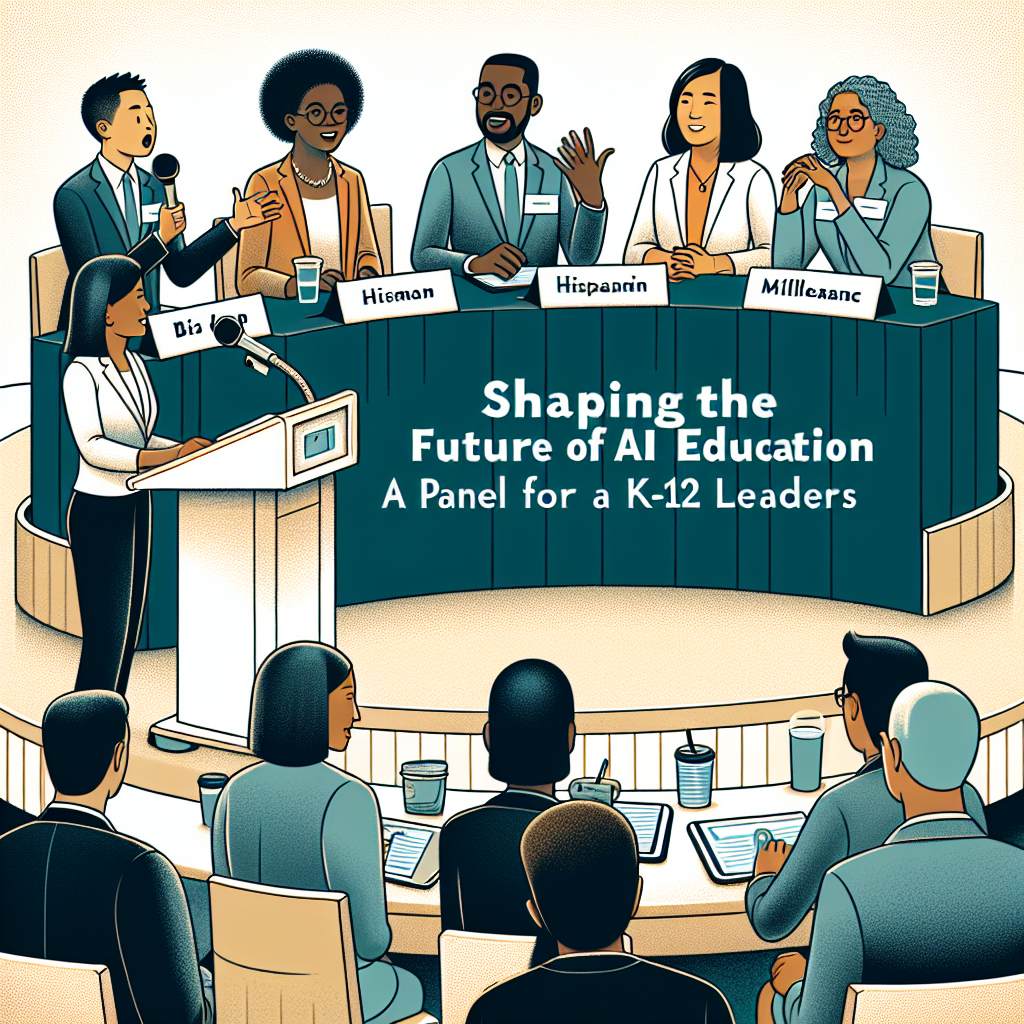Artificial intelligence (AI) has become a buzzword in the education world, with many schools and districts looking to implement it in their classrooms. However, there is still a lot of uncertainty and confusion surrounding AI and its impact on education. That’s why it’s important for K-12 leaders to come together and explore the potential of AI in education, its current impact, and how to responsibly implement it in schools.
First and foremost, it’s important to understand what AI actually is. AI refers to the ability of machines to perform tasks that typically require human intelligence, such as problem-solving, decision-making, and learning. In education, AI can be used to analyze student data, personalize learning experiences, and even assist with grading and assessment. It has the potential to revolutionize the way we teach and learn, but it’s important to approach it with caution and responsibility.
One of the main concerns surrounding AI in education is the fear that it will replace teachers. However, AI is not meant to replace teachers, but

